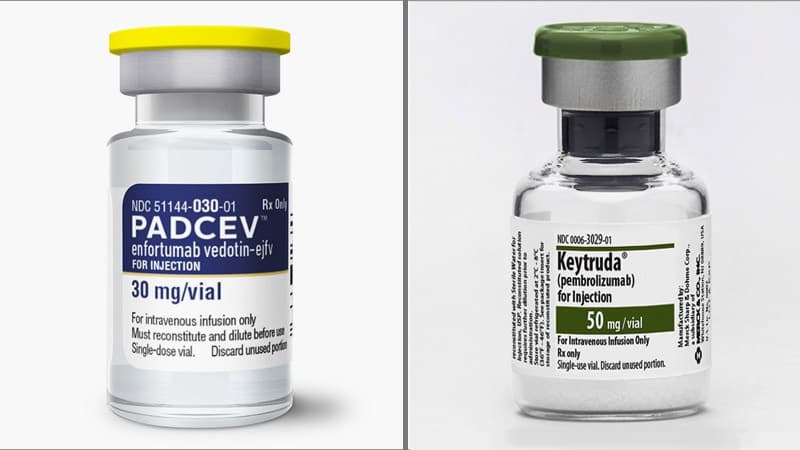Botulism Bacteria Found in ByHeart Formula, Outbreak Reaches 31 Infants
Federal agencies and ByHeart reported that independent lab testing detected Clostridium botulinum in ByHeart Whole Nutrition infant formula, prompting a voluntary nationwide recall of all product lots. The Centers for Disease Control and Prevention and the Food and Drug Administration said the outbreak has grown to 31 hospitalized infants across 15 states, elevating concerns about manufacturing and supply chain safety for baby food.

Federal health authorities disclosed on November 19 and 20 that independent laboratory testing identified Clostridium botulinum in samples of ByHeart Whole Nutrition infant formula as investigators work to contain an expanding outbreak of infant botulism. The Centers for Disease Control and Prevention and the Food and Drug Administration said the outbreak now includes 31 infants across 15 states, with case dates in the reported dataset ranging from August 9 through November 13. All affected infants required hospitalization.
ByHeart responded by expanding a voluntary nationwide recall to include all product lots of its Whole Nutrition formula and said it notified the FDA of the positive test results. The company stated that it is cooperating with federal investigators as officials pursue a broad public health inquiry into manufacturing and supply chain practices that could have allowed contamination to occur.
Federal officials urged parents and caregivers to stop using ByHeart products and to monitor infants for signs of botulism. The agencies listed symptoms to watch for including poor feeding, constipation, weak cry, difficulty breathing, and floppy muscles, and advised seeking immediate medical care if any of these symptoms appear.
Infant botulism results when bacteria called Clostridium botulinum produce a toxin that disrupts nerve function. In infants, the condition can quickly lead to muscle weakness that impairs breathing and feeding, which is why medical teams typically hospitalize affected children for monitoring and supportive care. Treatment often focuses on respiratory support and, in some cases, administration of botulism antitoxin, though clinical approaches depend on each patient and are managed by treating physicians.
The outbreak has prompted urgent questions about how potentially contaminated formula entered the supply chain and whether manufacturing controls failed at some point. The FDA said investigators are tracing distribution and examining processing sites, while the CDC is coordinating case finding and clinical guidance for clinicians and public health departments. State health officials in affected jurisdictions have been notified and are working with federal partners to identify additional exposures and advise families.
The recall and the detection of C. botulinum mark an escalation in a rare but serious public health event. Infant botulism is uncommon, but when it occurs it can have severe consequences for very young children and place substantial demands on pediatric intensive care resources. The combination of laboratory confirmation, a corporate recall of all lots, and a broad multi state cluster of hospitalized infants has renewed scrutiny on quality controls across infant nutrition manufacturing.
Parents and caregivers with questions about specific product lots or infant symptoms were directed to contact their health care provider and the FDA Consumer Complaint Coordinator. Federal and state agencies said their investigation is ongoing and pledged to provide updates as more information becomes available.

